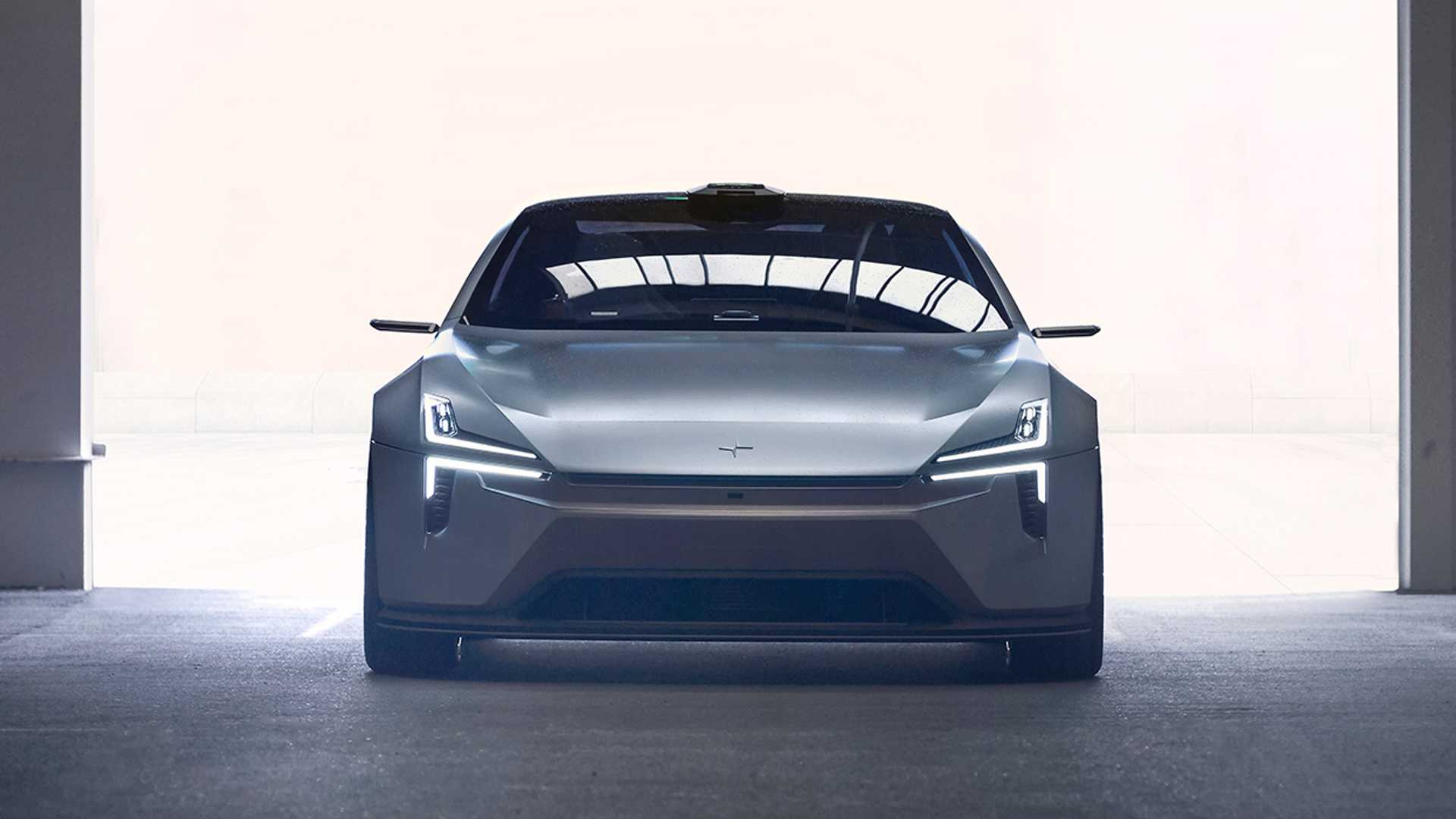advertisement
Glory To The Electric Cars- The Polestar Precept, An Android Powered Sedan
Born as a sharp concept earlier in the year, the Precept will now be developed into a fully fledged production…

Born as a sharp concept earlier in the year, the Precept will now be developed into a fully fledged production car. At first, and in the same manner as all concepts, it was unclear whether the vehicle will make it to the production line. Recently, Polestar swept that uncertainty under the rug by confirming that the gorgeous sedan is nearing the day when we will see it on the roads.
Polestar began its journey as the performance sub-brand of Volvo and now has emerged as one of the more interesting Chinese EV companies on the market. Interesting in the sense that they have taken the mantle of sustainability to a whole new level. With a fully semi-autonomous drivetrain and a eco-friendly design, they are on the verge of blazing a new trail for electric car manufacturing.
The company, which is jointly owned by Volvo and Volvo’s parent company Geely, recently started delivering the Polestar 2, its electric sedan with native Android Automotive, to customers in Europe and North America. When it was first released in concept form, the company unraveled the Precept’s environmental positives: Interior panels and seat backs are made out of “flax-based composites”; seats that have been “3D-knitted from recycled PET [or polyethylene terephthalate] bottles”; bolsters and headrests made from recycled cork vinyl; and carpets made out of reclaim ed fishing nets.
advertisement
“Consumers want to see change from this industry – not just dreams,” said Thomas Ingenlath the Polestar CEO. “Now, Precept becomes an even stronger statement. We are committed to reducing the environmental impact of our cars and our business. The aim has to be climate neutrality, even though I recognize that is a long-term goal.”
Polestar also confirmed a deeper integration of Android Automotive, Google’s native infotainment system, in the Precept. The sedan will recognize the driver as they approach the car and automatically ready their favorite applications and settings. Google Assistant would recognize more languages, including local accents, and be capable of more natural conversations.